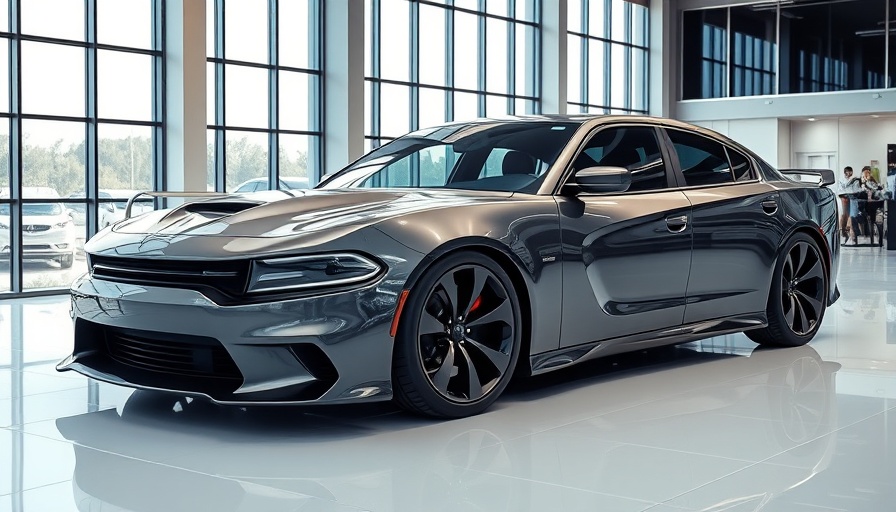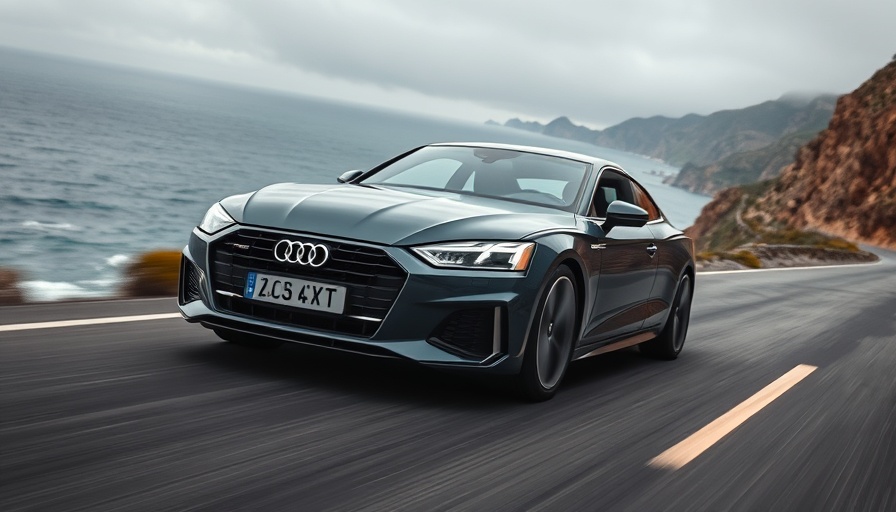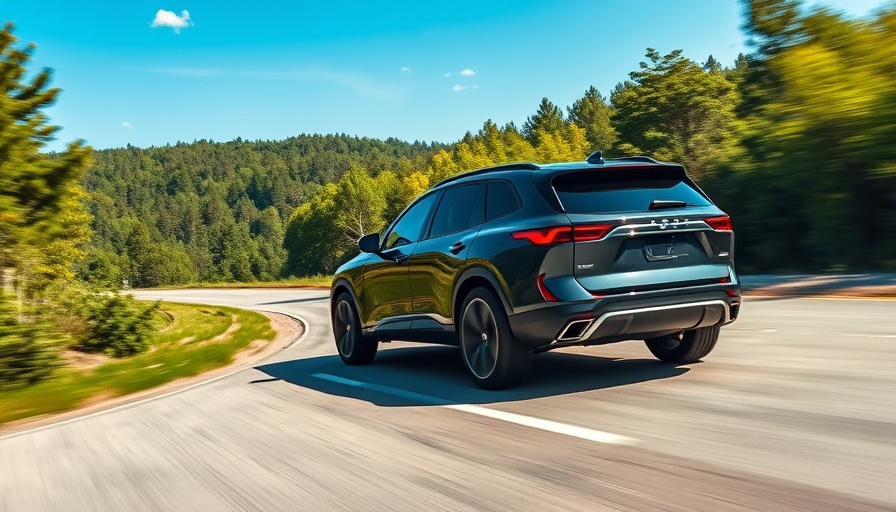
Dodge's Electric Future: A Bold Move on Hold
The anticipation surrounding Dodge's first four-door Charger Daytona electric vehicle (EV) has reached a standstill as the automotive giant announces a delay in its release until the 2026 model year. Initially scheduled to debut much sooner, this pause raises questions about the strategic direction of Dodge, particularly in its commitment to electrification in the face of growing competition in the EV market.
Why the Delay? Exploring the Challenges
There are many factors at play behind this decision. Apart from the typical obstacles found in automotive production, such as supply chain issues and semiconductor shortages that have plagued the industry, Dodge faces the monumental task of aligning its storied performance heritage with modern electric technology. Transitioning an iconic muscle car brand into the electric age is not just about changing the powertrain; it requires a complete rethinking of what defines a Dodge vehicle.
What This Delay Means for Consumers
For car enthusiasts who eagerly await the arrival of this latest iteration of a beloved nameplate, the delay could bring mixed feelings. On one hand, the additional development time may lead to a vehicle that truly embodies the performance and excitement that the Charger is known for. On the other, potential buyers may find their patience wearing thin as they consider alternative EV options already available on the market.
Competitive Pressure: How Rivals Are Responding
Dodge is not the only automaker vying for consumer attention in the growing electric space. Competitors like Ford with the Mustang Mach-E and Chevrolet's electric Camaro are making strides to occupy the muscle car niche within the EV segment while continuing to innovate. The delay gives Dodge's rivals an opportunity to seize the limelight, showcasing their advancements and further tempting consumers who might have been set on a Dodge purchase.
Where Dodge Goes from Here: Predictions and Future Trends
Looking beyond the delay, it's essential to focus on the future of Dodge and its transition into electrification. Analysts predict that if the Charger Daytona's performance can match or exceed the traditional gas-powered models, Dodge could see a resurgence of interest when it finally hits the market. Consumer expectations for EV performance are steadily rising, and Dodge's engineering teams must rise to that challenge.
Community Insights: What Do Enthusiasts Think?
The Dodge community has taken to social media and enthusiast forums to express both disappointment and understanding regarding the delay. Many fans of the brand acknowledge the complexities involved in developing a proper EV model that maintains the integrity and thrill of driving a Charger. Moreover, some commenters suggest that perhaps a shift towards a more sustainable model that sacrifices some performance for efficiency could win over eco-conscious buyers.
Conclusion: A Delay for a Stronger Future?
Ultimately, while the delay of the Dodge Charger Daytona EV may test the resolve of many loyal customers, it could also pave the way for a more refined product that meets the evolving demands of modern drivers. In the race towards electrification, this delay serves as a reminder that great change requires time, and with it, the hope for a stronger, performance-oriented future in electric vehicles.
 Add Row
Add Row  Add
Add 




 Add Row
Add Row  Add
Add 

Write A Comment